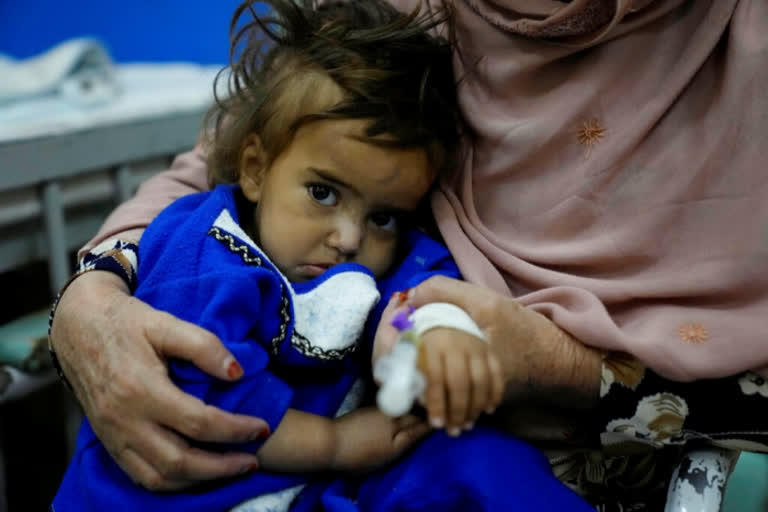Kabul: The Taliban are showing "commitment" to allowing Afghan girls to go to school across the country next month, addressing a key condition set by the international community, UNICEF's newly appointed chief said on Friday.
UNICEF Executive Director Catherine Russell said it remains to be seen whether the Taliban's commitment to reopening schools to girls and women on March 21 might hinge on more conditions or restrictions.
"The de-facto (Taliban) authorities have given us indications that that is their intention, and we are hopeful that is going to happen, and we believe it should happen," Russell, who was appointed earlier this month, said in an exclusive interview with The Associated Press in the capital of Kabul.
Despite the lack of a formal ban, girls grade seven and up have effectively been barred from going to school in most of the country since the Taliban's takeover of the country six months ago. Access to education is a key demand of the international community, and the Taliban have blamed delays on lack of adequate space, especially in cities, to accommodate segregated schooling.
Schools in about 10 provinces have continued uninterrupted since the Taliban takeover and private universities and schools in the capital remained open. Universities for women have also restarted in several provinces with the Taliban promising all universities will do so eventually in the coming weeks.
Apart from reassurances that schools will re-open for all girls, little else has been made public about other possible restrictions or curriculum changes. These are "a little bit of a work in progress," Russell said.
With Afghanistan as her first visit, Russell met with Taliban officials this week to discuss concerns ranging from child health and rights to education, she said - in particular the mounting threat of acute malnutrition and access to education.
The United Nations, along with international organizations, face mounting challenges to addressing Afghanistan's growing humanitarian crisis. The U.N. projects this year that over 1 million children will need treatment for malnutrition and up to 97% of Afghans could be living below the poverty line. A landmark UNICEF $2 billion appeal to donors for aid is only 17% funded.
At Kabul's Indira Gandhi Hospital for Children, wards are packed with mothers from across the country seeking treatment for their malnourished babies.
